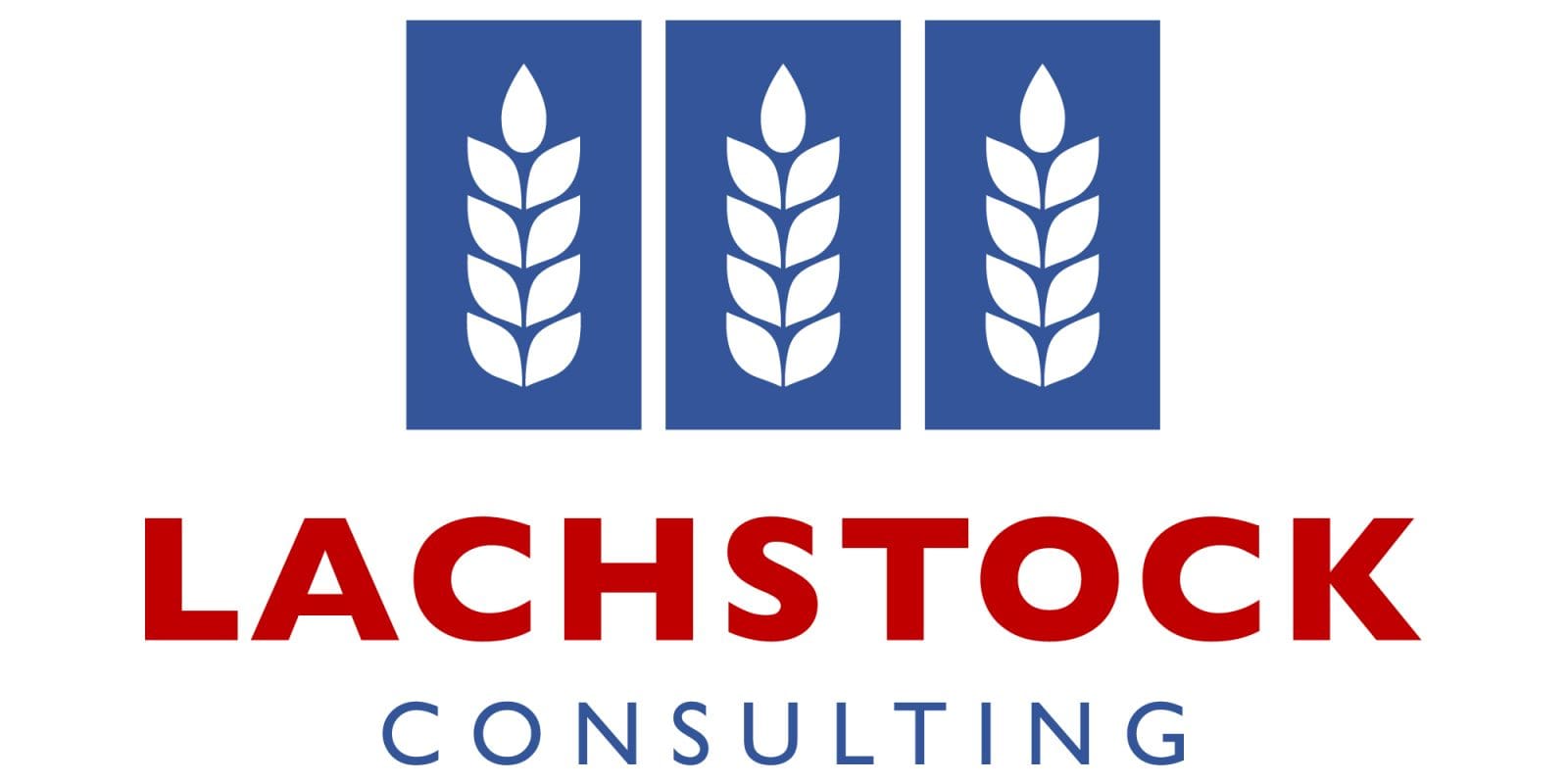
- Chicago wheat September contract down 6.25 cents per bushel to 497.25
- Kansas wheat September contract down 3c to 433.5c,
- Minneapolis wheat September contract down 3.75c to 528.75c,
- MATIF wheat September contract up €1.25 per tonne to €177;
- Corn September contract down 5.75c to 411.25;
- Soybeans August contract down 7c to 878.75c;
- Winnipeg canola November contract down C$1/t to $448.40;
- MATIF rapeseed November contract down €2.25 to €375.75;
- Brent crude September contract up $1 per barrel to $64.70;
- Dow Jones down 23 points to 26,988 approx;
- AUD weakened to US$0.6870c;
- CAD strengthened to $1.314;
- EUR strengthened to $1.115
Market news
Grain markets came under pressure overnight in the US as Chinese trade talks appear to be on a road to nowhere – Chicago wheat gave up six and a quarter cents to 497.25¢, KC off 3¢ to 433.5¢, Minny off 3 3/4¢ to 528 3/4¢, and Matif up 1.25€ to 177€ on the earlier close. Corn broke off 5 3/4¢ to 411.25¢ and beans were back 7¢ to 878 3/4¢ (Winnipeg canola off a buck to $448.4, Matif off 2.25€ to 375.75€ on Nov). The DOW was off 23 points, though up from the open, as earnings reports begin to come in, and crude was up a buck to $58 WTI / $64.7 Brent (both up a quarter since the close of the day sessions). Even with the US fed set to cut rates, the AUD has broken down to 68.7¢, while the euro is slightly stronger to $1.115 and the CAD steady at $1.314. The GBP continues to print new lows on Brexit concerns though, off to $1.215 overnight.
In the modern world we find that diplomacy is conducted many times over Twitter … and tweets from the US President Trump that criticised Chinese actions in trade negotiations were not taken well by those who had remained optimistic for a deal. Apparently he also pays attention to the ag news (Lachstock included?), as he highlighted the absence of any new Chinese ag purchases (that he’d much touted after previous talks).
Over in the EU, wheat harvest is beginning to wrap up with German harvest approaching three-quarters complete and French fieldwork staggering along (with delays from fire bans and some scattered rain). The hot/dry weather has also benefited quality (as it has done in the Black Sea – noting the Russian protein situation and similar improvement in results out of Ukraine, with the “milling wheat” share there up to ~70% vs slightly over half in a normal year). (The “milling wheat share” of the Ukrainian crop is an aggregation of better quality grades in comparison to the remaining lower grades that get lumped into “feed wheat”).
Biofuel markets have taken a hit (amid an ongoing tight period for ethanol producers), with the head of the US EPA defending waivers on blending obligations – claiming that such waivers have not hurt ethanol demand (although they have also smashed the value of RIN credits in the last year, cutting demand for these credits by nearly 2 billion gallons equivalent – and as such sharply hit the margins for ethanol production ……..). From an Australian perspective, the question is how much corn demand will reduced ethanol production take off the balance sheet (easing up any potential for US corn tightness) with the current trend sharply negative as plants continue to idle and run rates remain slow.
Australia
Back in Australia, domestic grain markets are likely to be very quiet this week as the AGIC grains conference is on in Melbourne on Wednesday/Thursday/Friday. Lachstock will be attending – and happy to catch up with anyone there.
Lachstock is also joining the team from Farmlink Marketing Solutions on their Canadian crop tour – today’s results were very much in line with pre-tour expectations for “variability”, reflecting the mixed impacts of the early dryness and later recovery (with significant differences between fields depending on showers and crop timing).
Source: Lachstock Consulting

HAVE YOUR SAY